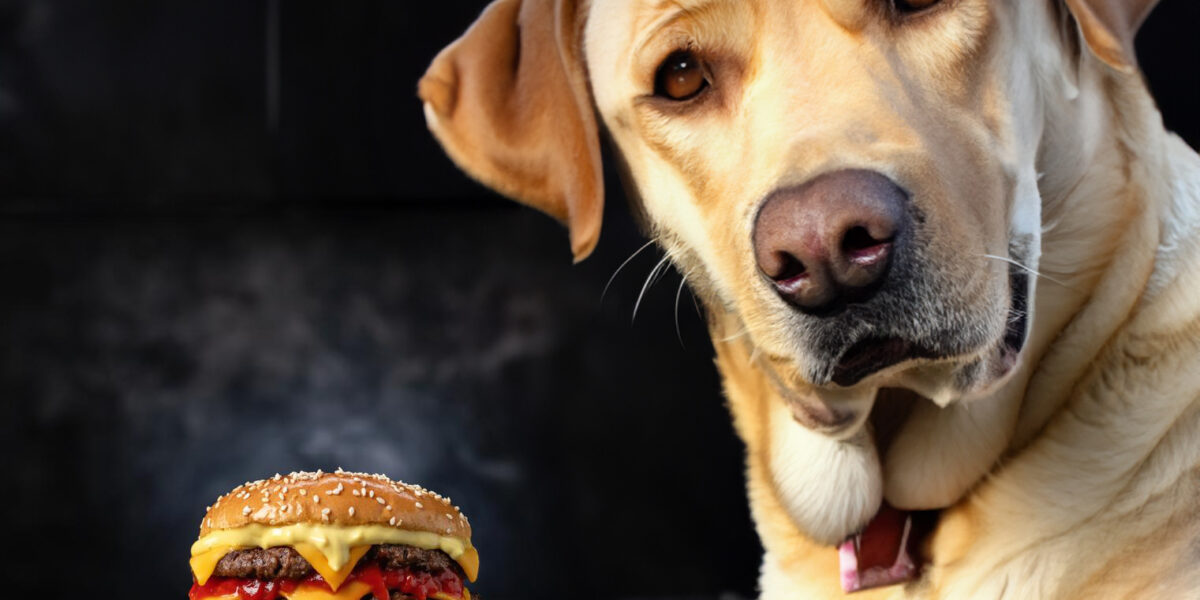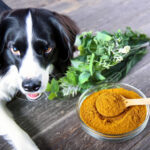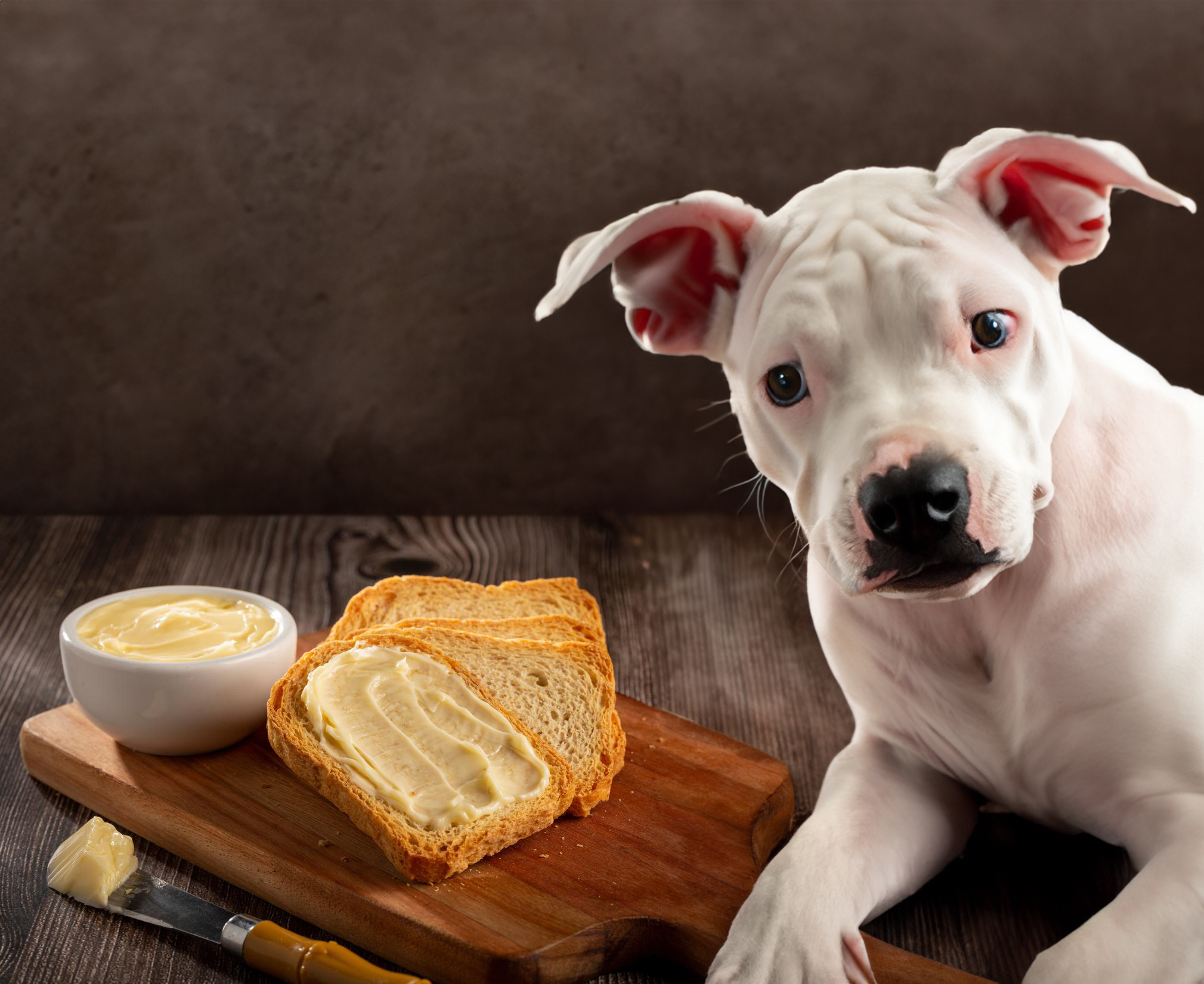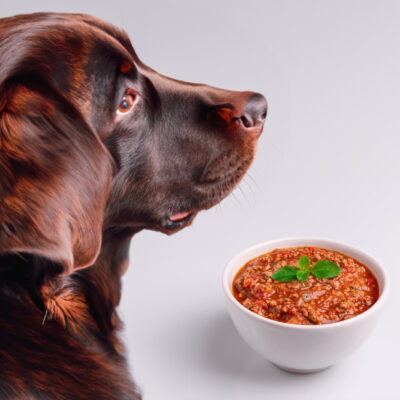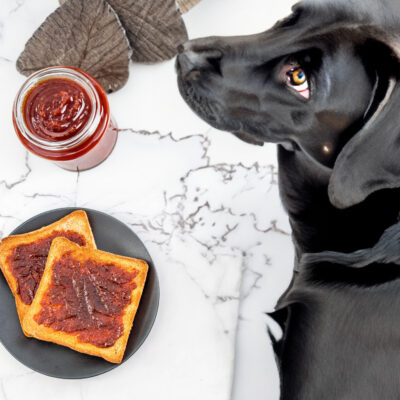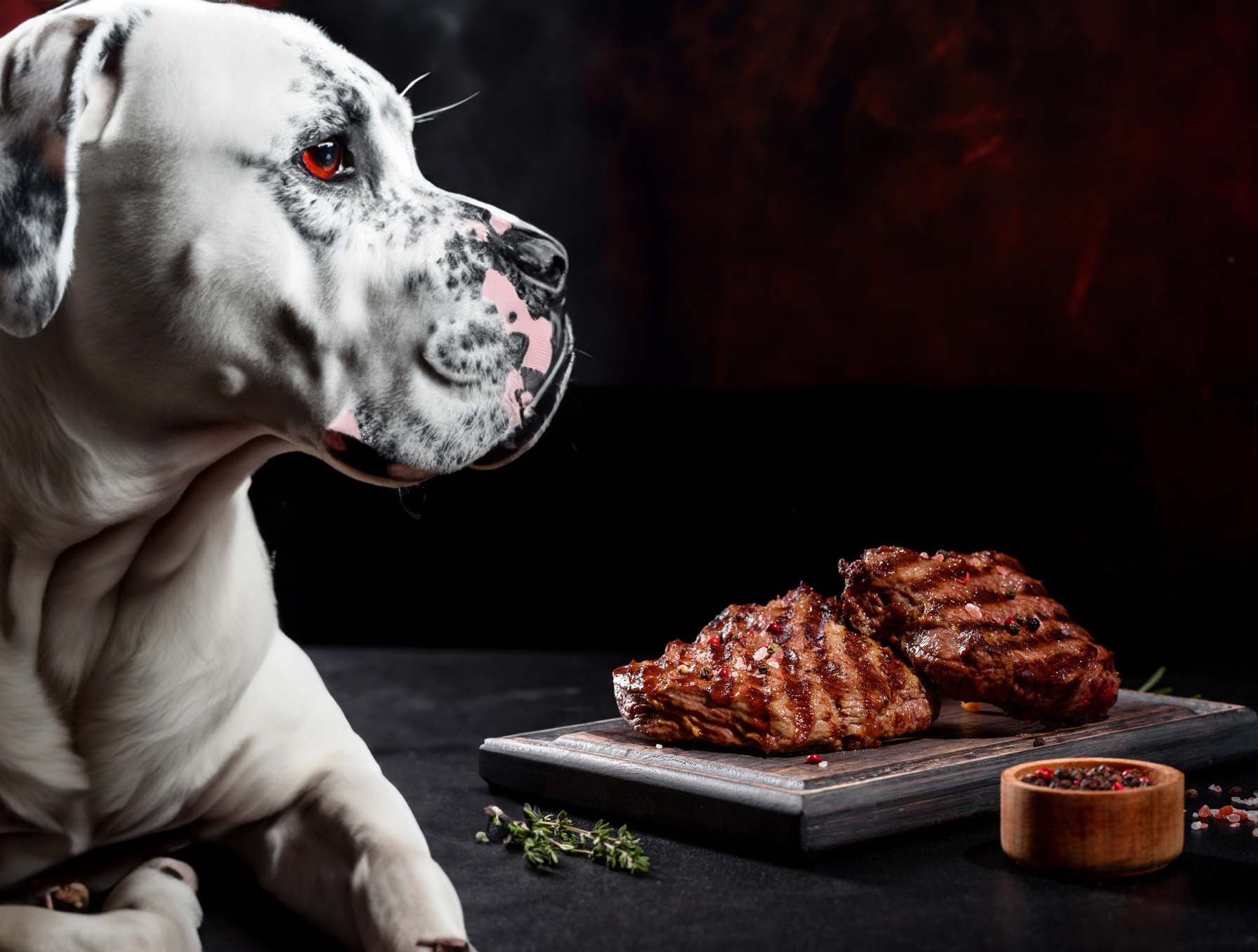Do you ever wonder if it’s safe to feed your beloved canine companion a burger? It’s a common question asked by many pet owners. Unfortunately, the answer isn’t quite as straightforward as one would hope.
In this blog post, we’ll explore the truth about canines and cheeseburgers. We’ll take a look at the potential risks and benefits, and provide some tips on how to safely feed your pup a tasty burger. By the end, you should have a better understanding of the subject and be able to make an informed decision about what’s best for your dog.
Can Dogs Eat Burgers?
When it comes to feeding our furry friends, it’s only natural to wonder if they can enjoy some of the same delicious foods we do. One such food that often comes to mind is the beloved cheeseburger. After all, who can resist a juicy patty topped with melted cheese and all the fixings? But before you start slipping your pup a bite from your burger, it’s important to understand the potential risks involved.
While dogs can technically eat burgers, it’s important to note that they are not an ideal food choice for our canine companions. Burgers are typically high in fat, salt, and seasonings, which can be harmful to dogs in large quantities. Excessive consumption of these ingredients can lead to digestive upset, pancreatitis, and even obesity.
In addition to the potential health risks, burgers often contain ingredients that can be toxic to dogs. Onions, garlic, and certain spices commonly found in burgers can be toxic and cause a range of symptoms, from stomach upset to even more serious health issues.
So, while it may be tempting to share a bite of your cheeseburger with your furry friend, it’s best to err on the side of caution and opt for a healthier and safer alternative. Don’t worry, we’ll discuss some tasty options for your pup later in this post.
Stay tuned to learn more about the potential risks of feeding your dog a cheeseburger, as well as some alternative treats and guidelines for feeding your dog human food. Your pup’s health and happiness are always the top priority, so let’s make sure we’re making informed decisions together!
The Ingredients of a Burger
A cheeseburger may seem like a simple meal, but when you break it down, there are quite a few ingredients that make up this iconic dish. Let’s take a closer look at what goes into a cheeseburger.
First and foremost, we have the patty. Typically made from ground beef, the patty is seasoned with various spices and grilled to perfection. The quality of the meat can vary, with some burgers using leaner cuts of beef, while others may incorporate fattier cuts for added flavor.
Next up, we have the cheese. While the name suggests it, not all cheeseburgers come with cheese. However, for those that do, a variety of cheeses can be used, including cheddar, American, Swiss, or even blue cheese. The cheese is melted onto the patty, adding a creamy and savory element to the burger.
To add some crunch and freshness, lettuce and tomatoes are often added. The lettuce provides a crisp texture, while the tomatoes add a juicy and tangy flavor.
Other common toppings include onions, pickles, ketchup, and mustard. These condiments add additional layers of flavor to the burger, enhancing the overall taste experience.
Lastly, we can’t forget about the bun. Typically a soft, sesame seed bun is used, providing a sturdy yet pillowy base for all the delicious ingredients.
Now that we’ve broken down the ingredients of a cheeseburger, it’s clear that this classic dish is a flavor explosion. However, it’s important to remember that not all of these ingredients are safe or healthy for our furry friends.
Potential Risks of Feeding Your Dog a Burger
While it may be tempting to share a delicious cheeseburger with your furry friend, there are potential risks involved in feeding your dog this classic dish. As mentioned earlier, burgers are high in fat, salt, and seasonings, which can be harmful to dogs in large quantities. Excessive consumption of these ingredients can lead to digestive upset, pancreatitis, and even obesity.
But that’s not all.
Burgers often contain ingredients that can be toxic to dogs. Onions and garlic, commonly found in burgers, can be toxic and cause a range of symptoms, from stomach upset to more serious health issues. Certain spices used in burgers can also be harmful to dogs.
Additionally, the quality of the meat used in the patty can vary, and some burgers may incorporate fattier cuts for added flavor. This can further increase the risk of pancreatitis and obesity in dogs.
Overall, while a small bite of a cheeseburger might not be immediately harmful to your dog, it’s best to avoid feeding them this type of food regularly or in large quantities. It’s important to prioritize their health and opt for safer and healthier alternatives.
Alternative Treats for Your Dog
If you’re concerned about whether or not your dog can enjoy a cheeseburger, fear not! There are plenty of alternative treats that are both delicious and safe for your furry friend to enjoy. Let’s explore some options that will have your pup wagging their tail with delight.
One popular alternative treat is a homemade burger patty specifically designed for dogs. You can easily make these at home by using lean ground beef and skipping the seasonings. Cook the patty thoroughly and let it cool before serving it to your pup. They’ll love the meaty goodness without any of the potentially harmful ingredients.
Another option is to opt for dog-friendly burger toppings. You can offer your dog small, bite-sized pieces of cooked chicken or turkey as a protein-rich topping. You can also add some plain, unsalted cooked vegetables, like carrots or green beans, for added nutrients and crunch. These options provide a safe and tasty alternative to the traditional cheeseburger.
Lastly, there are many commercially available dog treats that mimic the flavors of a cheeseburger. These treats are specifically formulated for dogs, with safe and healthy ingredients. Look for options that are low in fat, salt, and artificial additives, and always check the label for any potential allergens.
Remember, when offering alternative treats to your dog, it’s important to do so in moderation. Treats should only make up a small portion of your dog’s overall diet, with the majority of their nutrition coming from a balanced and complete dog food.
So, while your pup may not be able to enjoy a cheeseburger in its traditional form, there are plenty of alternative treats that will have their tail wagging with joy. Experiment with different options and see which ones your furry friend enjoys the most. Happy snacking!
Guidelines for Feeding Your Dog Human Food
Now that you know the potential risks of feeding your dog a cheeseburger and have discovered some tasty alternative treats, let’s discuss some guidelines for feeding your furry friend human food in general. While it can be tempting to share your meals with your dog, it’s important to do so responsibly and in moderation.
First and foremost, always consult with your veterinarian before introducing any new foods into your dog’s diet. They can provide guidance specific to your dog’s needs and help you determine what is safe and healthy for them to eat.
When offering human food to your dog, make sure to avoid ingredients that are toxic or harmful to them. Some common examples include onions, garlic, chocolate, caffeine, and alcohol. These can cause a range of symptoms, from upset stomach to more serious health issues.
It’s also important to consider the portion sizes and frequency of feeding human food. Treats should only make up a small portion of your dog’s overall diet, with the majority of their nutrition coming from a balanced and complete dog food. Overfeeding can lead to weight gain, digestive upset, and other health problems.
Finally, always monitor your dog for any adverse reactions or changes in behavior after feeding them human food. If you notice any concerning symptoms, contact your veterinarian right away.
Remember, your pup’s health and well-being should always be the top priority. By following these guidelines, you can safely and responsibly share the occasional human food treat with your beloved furry friend.




